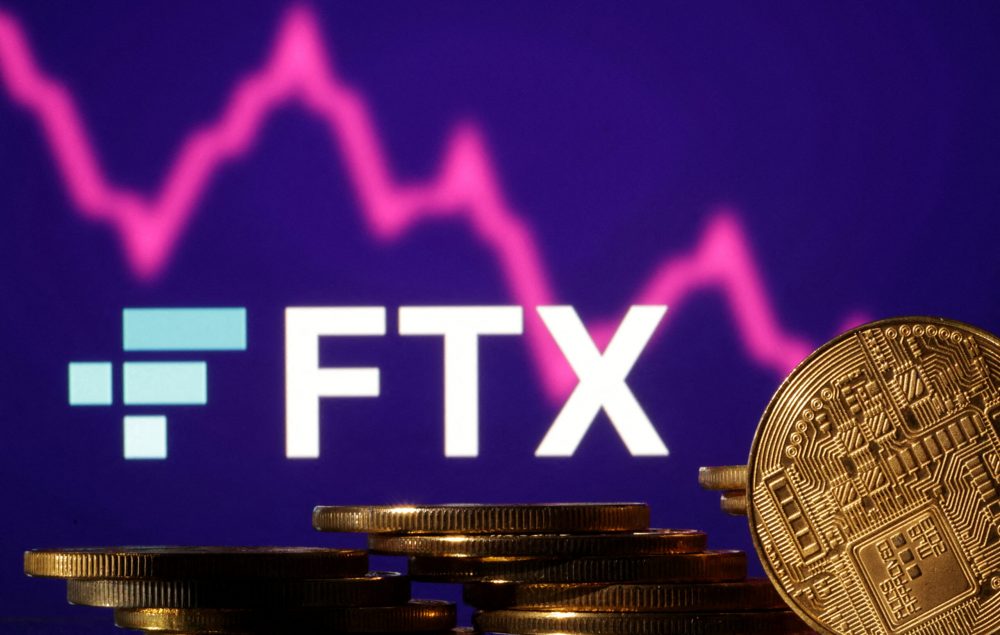Bankrupt cryptocurrency firm BlockFi’s exposure to FTX appears to be greater than previously anticipated, but part of that is due to BTC’s recent rise. Already shaken by its previous exposure to 3AC, BlockFi was forced to file for Chapter 11 bankruptcy shortly after FTX Group went bankrupt, bringing with it a significant number of crypto-related companies. Here are the latest documents explaining the bond between FTX and BlockFi…
New documents surfaced on FTX and crypto lending firm BlockFi
FTX Group’s relationship with BlockFi was two-sided – on the one hand, the exchange had previously extended a line of credit to BlockFi, which at the time had been negatively impacted by the collapse of 3AC. On the other hand, the crypto lender owned some of its assets on the FTX platform and lent money to Alameda Research. Combined, these amounts significantly exceed the amount FTX can lend to BlockFi. Due to Bitcoin’s recent recovery, the value of BlockFi’s loans and assets in FTX Group has increased compared to the value stated in the original bankruptcy filing. According to the leaked report, a total of $415.9 million worth of BlockFi assets are currently frozen in FTX’s accounts.

According to the CNBC report, another $831.3 million worth of frozen assets were lent to Alameda, making it $1.2 billion out of reach for BlockFi to settle creditors. The loan company also sued SBF’s company, Emergent Fidelity Technologies Ltd, to hold its stake in Robinhood. Some of these shares are allegedly given as collateral for some of BlockFi’s assets lent to FTX, the same shares that SBF is trying to sell to fund its legal defense at the expense of FTX creditors.
Users’ assets also revealed
The document, which was leaked by M3 Partners, was originally intended to be censored before it was made available to the public. Fortunately, the document does not reveal BlockFi users’ personal information. However, it reveals important information about payee deposits. Firstly, it shows that BlockFi had 662,427 customers when it went bankrupt. 73% of accounts hold $1,000 or less in assets, while 20 percent hold between $1,000 and $10,000. About 1 percent of clients had assets between $50,000 and $250,000. Less than 1 percent of BlockFi customers had $250,000 or more in their accounts.

The leaked report also provides data on cumulative trading volumes, balances and activities, fortunately not revealing the identity of individual users, but this information can be predicted for higher levels if enough effort is made. BlockFi’s bankruptcy procedures point to its ultimate goal of keeping the platform afloat and ultimately coming back stronger if possible.







